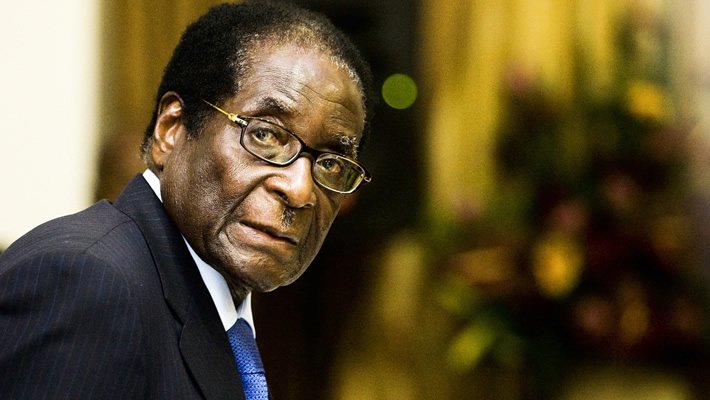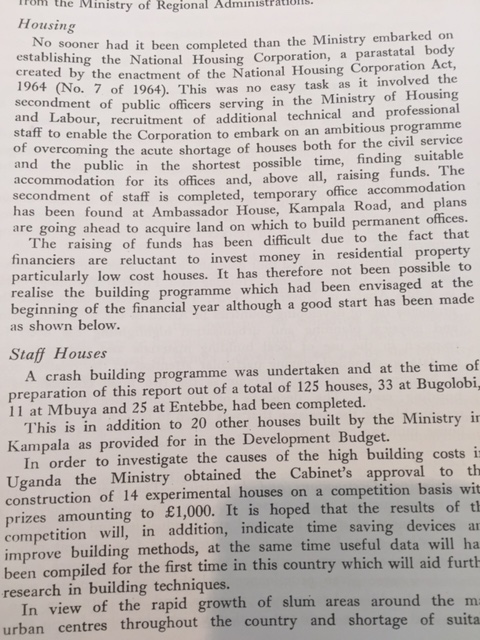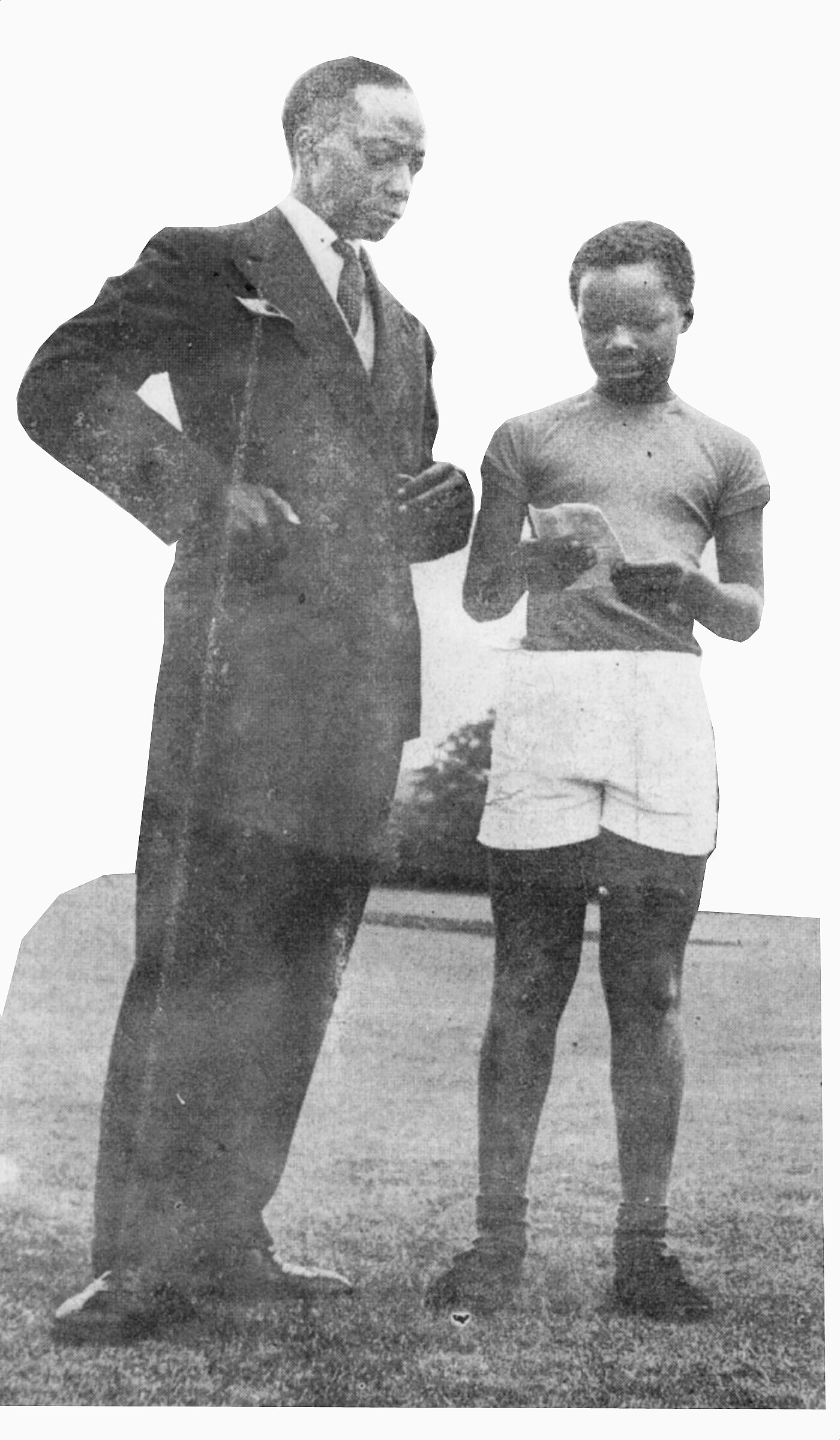Yesterday we sparred on the subject of the “no-where” movement that digs moats and builds fortresses around the psychology of presidencies in Uganda and around the continent. I called this system the praise society.
It is a no-where movement because it builds a support system for a sitting president that responds to the logic that the presidency is here to stay (by this they mean the president).
It is going no-where.
In fact, most of us in the “observe and comment” community spend lifetimes on an analytical framework that the presidency must be going somewhere. That is if it is to take the country anywhere. This is not about presidential term limits only. It is about the dynamism of the office of the presidency in the event that it is not pre-occupied with the daily panic about the tenure of its office holders.
That is on the one hand. To the extent that the office of the president is not a seat of executive power that acts in concert with the rest of the government to direct the affairs of state but rather a political office to promote and extend the tenure of its office holders – it has failed.
On the other hand it is to empathize, as we must with the reality facing “No Change” presidencies on the continent- the number of which is on the rise. If you look at politics as an industry in which its workers must remain sufficiently motivated to deliver public goods and services then I would invite you to do as I have done – and add Abraham Maslow to your reading.
In particular if you look at a political generation as a class of workers – and look at their motivations Maslow may help. He argues through his “hierarchy of needs” that when workers first get on the job they are motivated by real and urgent needs such as housing and utilities, basic stuff. They commit to the job as long as these needs are met. Small increases in salary are enough for this labor to produce more.
As they mature on the job however more money is less effective. At some point the job becomes more than simply the work. It represents other needs that are not basic. He called these self-actualization needs. Like titles and privileges. Sir, Madam, Honourable, Right Honourable, Father of the Nation – and statues or projects that act as permanent signage of the impact they have had on their world.
This rendering, in my opinion, explains why some of Africa’s longest serving (or surviving) political enterprises are experiencing “diminishing returns”, display more hopelessness and paranoia and are keen on praise projects that speak to their glorious past. This is also partly why it is difficult for long serving (or surviving) regimes to vacate their spot in history.
The actualization industry is addictive.

If I were a betting man I would say this is what is meant when folks speak about power being corrupted, worse when it is near absolute. It is the praise singing. The exaggeration industry of which modern media plays such an enabling role. Addition of course can be to substances but also to non-substances too. It speaks to the effect on the brain of a behaviour or stimulus. In politics, the heady world of state events, private estates, the large newspaper sections dedicated to thanking leaders for their tireless efforts is addictive. It is even more addictive when there are genuine grounds to require that a particular leader remain in charge during periods of uncertainty where the alternative is a scarier option.
In some political systems where the Executive really is the oversize brain – an entire society becomes addicted not just to an individual but to what he or she represents.
Better the devil you know.
So what Maslow would say to the science of addiction, politically applied would be to prescribe term limits? Maybe. Addiction studies now show that withdrawal symptoms can be so severe that at times it is better that the addict be fed on his substance of choice just not to make things worse.
That is a sore fact, this entrapment, of the presidency – and we must engage with it first before demanding that current and future holders of that office conduct miracles with the economy or society. A few of us that is, you, and me for whom the presidency is not a miracle unto itself as its supporters and praise singers constantly advertise.
As president I would make an annotation here on the book on “how not to become an inconsequential leader” of my generation. The evidence of how corrosive the entrapment of the presidency is to the raw political forces invested in keeping any president around in perpetuity is the inevitable failure of the executive arm to supervise the rest of the government. It is an indictment on Uganda’s political society that, aside from a short period during the transition from British rule, it has never really had a public service that is separate, if not in some aspects independent, of the political choices citizens make in an election.
Such a scenario would not be recognizable even. A president should not be required to “mobilize” friendly political forces in the event of a natural disaster for example. Departments of government that are constant across the political cycle aught to act on these matters regardless of who is in this seat. The executive office being political can express an opinion about the type of solution required, encourage new thinking or introduce a policy to better prepare the agencies of the state.
That would be fair and necessary credit.
Instead what has happened in Uganda over time is the dislocation of this ability of the actual government to function consistently. It is this that best illustrates the limitations of the political system itself.
Let us digress to examples here as we close this day.
Consider the following stance of the government in 1964 – a year that is cushioned between the drama of independence from the British and the subsequent conflicts that followed. This is its report on dealing with the housing problems in the country. The government then had created a new ministry (consisting of a “section of the former Ministry of Works responsible for Housing, a division of the Ministry of Regional Administrations dealing with Urban Housing estates and rural residential development, and the labour department”).

What can be surmised above (it is the official report of the government) is the confidence with which the state – not yet de-constituted by the subsequent political squabbling was able to do. It did not yet have to deal with the impermanence of the presidency. It did not yet, as it has since, have to consider that all else could be impermanent save for the presidency. In fact what happened in Uganda was that the violent political conflict chipped away at the government as an institution until, at various times, what remained of the government as a political party or its representatives. The full “conflict disease” can be reviewed in the “Compendium of Conflicts in Uganda” by the Refugee Law Project, which put together a partial picture of the sheer scale and force of destruction unleashed by politics on the functional state.
Indeed some may argue that in the last 30 years, the persistence of the presidency in one name has been to hold down the violent gene in political competition if only by dominating it completely. This is the question for us today since a sunset clause exists on the ability of one political organisation or person not just to free the Executive from entrapment but to do so in a way that sustains efforts of the public sector to deliver across political struggles.
This is what is known as political transition and not just political change. That is the challenge and it is not easy. In fact the more I think of it – I may just remain in this seat.











[…] Iziama’s view on the lifelines of African presidents backed by Maslow’s Hierarchy of […]